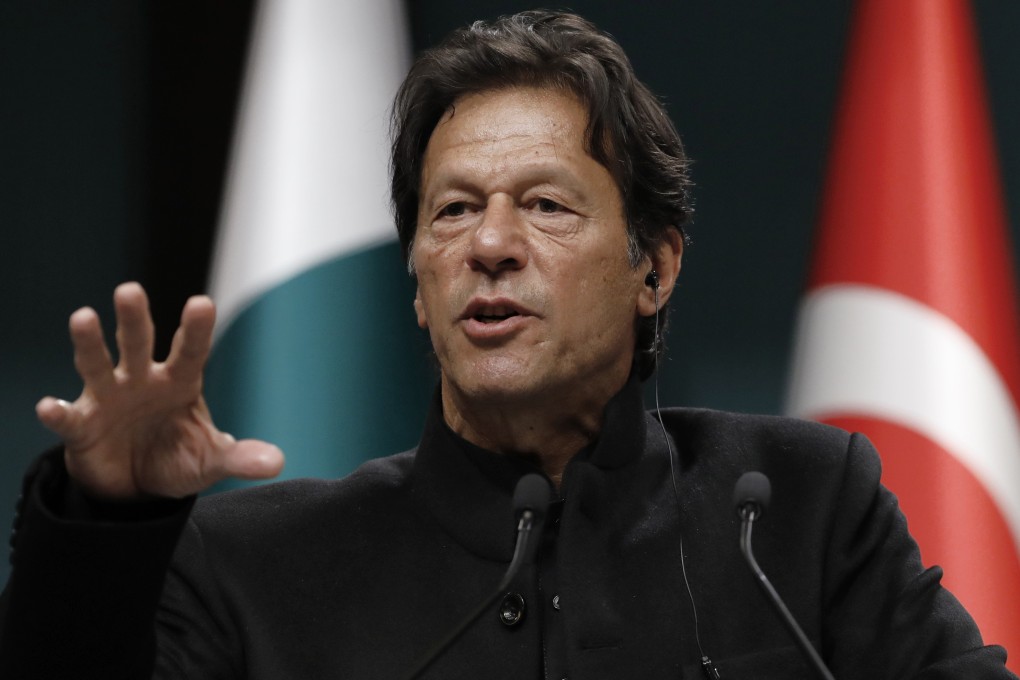Advertisement
Opinion | With Narendra Modi’s BJP back in power, can India and Pakistan achieve peace?
- Despite the recent tensions between the nuclear-armed neighbours, who engaged in an aerial dogfight in February, Imran Khan has welcomed his Indian counterpart’s landslide election win
- But Pakistani commentators are sceptical about Modi’s willingness to seek sustained peace, citing his aggressive campaign rhetoric
Reading Time:3 minutes
Why you can trust SCMP

Indian Prime Minister Narendra Modi will begin his second term on May 30 after his Bharatiya Janata Party (BJP) secured an expanded majority in the lower house of parliament by winning 303 out of 542 seats.
Advertisement
If the election was a referendum on Modi’s leadership, he has emerged with a powerful new mandate: both for his domestic brand of Hindu nationalism and his muscular foreign policy, particularly as it relates to neighbouring Pakistan.
Indeed, India’s relationship with Pakistan became one of the defining issues of the campaign after the February 14 suicide bombing attack in Pulwama in the Kashmir Valley, which killed 40 Indian security personnel.
The attack was carried out by Pakistan-based militant group Jaish-e-Mohammed (JeM) and, in retaliation, Indian fighter jets carried out air strikes on the town of Balakot in Pakistani territory. Pakistan responded by shooting down an Indian jet but returned the captured pilot in a conciliatory gesture.
Despite this recent escalation of military tensions, Pakistani Prime Minister Imran Khan welcomed the result of the Indian election, tweeting: “Look forward to working with him for peace, progress and prosperity in South Asia.”
Modi has demonstrated a willingness to take direct, decisive action in response to proxy attacks, both with cross-border strikes in 2016 and the more recent strikes on Balakot. The message is clear: separate to any Indian military operations against militants in Kashmir, attacks against Indian targets will be met with conventional retaliation inside Pakistani territory.
Advertisement
Nonetheless, de-escalation was swift, in part thanks to Washington’s involvement, as US dependence on Pakistan to help resolve the Afghan conflict necessitated a path of engagement rather than one of armed conflict.
Advertisement
